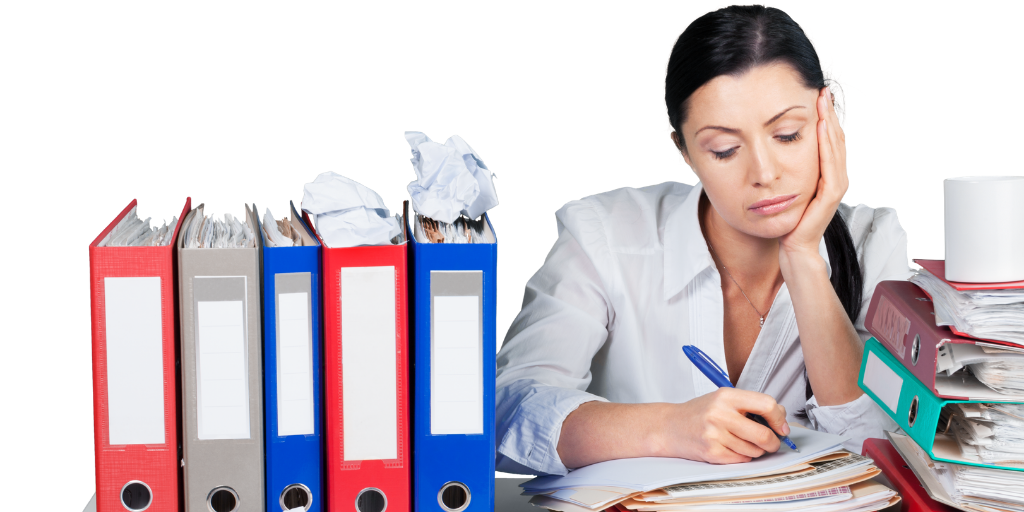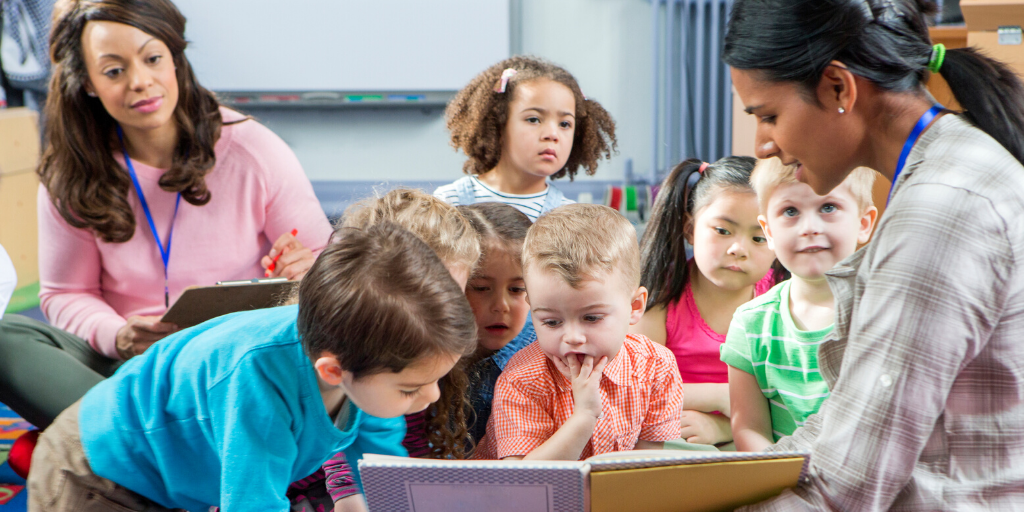With the publication of the new Ofsted Education Inspection Framework (EIF), there is a growing perception that observations in early years settings are no longer important or necessary. This blog will aim to explain why this is not true and why observations are still very important….
So, what is true?
Well, it is true that Ofsted have reduced their expectations on the amount of paperwork they want to see regarding observations, written evidence and what you might call ‘needless data’. You know – that massive folder you have on your shelf full of paper observations called ‘just in case Ofsted ask’!
So, if you do have a folder like this that takes you ages to compile – you can stop. Ofsted no longer want to see this. No more mounds of post it notes, photos and endless observations!

So, what do Ofsted want to see?
Well, it’s more about what Ofsted want to hear…
The inspector will want you to tell them about what you’re doing with each child and why in terms of planning and activities.
They won’t want to see your observations, but they will want to know how you use observation as a tool to understand what your children know and can do, and how you build on this knowledge to plan appropriate learning experiences.
So, I still need to do observations?!
Yes!!
Ofsted will still want proof that you know your children well, that you have identified their starting points, interests, progress and next steps. You will need to talk about each child’s learning journey with confidence. And if you’re not doing observations, you won’t be able to provide this evidence!
What questions might an inspector ask?
Here’s a few questions that an inspector might ask during an inspection. Only carrying out observations will help you provide the answers:

And don’t forget about the EYFS…
The Early Years Foundation Stage still provides the definition of what practitioners ‘must’ do. Remember, the EYFS says that practitioners must demonstrate how they will:
And all of this can only be achieved through effective planning, observation and assessment:
“Ongoing assessment is an integral part of the learning and development process. It involves practitioners observing children to understand their level of achievement, interests and learning styles, and to then shape learning experiences for each child…”
Points to remember
Ofsted do NOT want to see:
Ofsted do want to see:
So, observations are still a critical part of an early year’s practitioner’s role. And how you carry these out is entirely up to you…

That’s where digital learning journeys come in!
Often digital systems are the best way to complete observations – they are quick, efficient and help massively to reduce paperwork.
Kinderly Together is a great example of a digital observation system. It allows you to:
So, if you want to show Ofsted how well you are communicating with parents, as well as efficiently observing and tracking children’s learning and development, then you can’t go far wrong with Kinderly Together.
Try award-winning platform Kinderly Together for free, sign up for our 30-day trial.